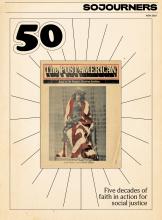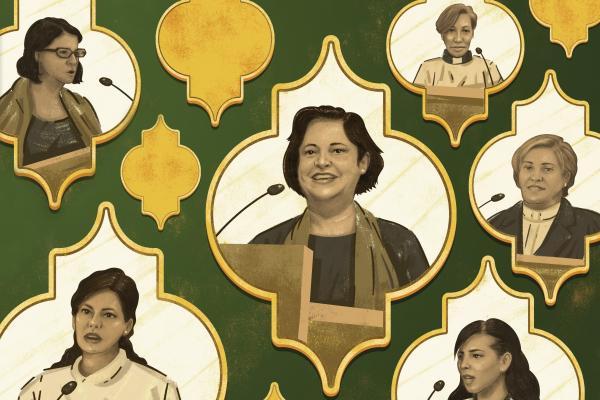FOR YEARS, WOMEN called to leadership in the church in the Middle East have faced a stained-glass ceiling of limitations imposed by the surrounding patriarchal culture and theological presuppositions about the role of women in the church. But while some interpretations of Paul’s instructions to the early church (such as Timothy 2:12) are used as a rationale for limiting the role of women, long-standing cultural traditions regarding women’s roles in religion and society have played a more prominent, and more difficult, role.
“Although religion bears major responsibility for the inferior status of women, it cannot be solely blamed for the gender problem in the Middle East,” according to a report on “Women in the Middle East” published by the Institute for Policy Studies. “In reality, the role of culture has been even more prominent in perpetuating the oppression of women.”
Most denominations in the Middle East (other than Orthodox communions and the Catholic Church) do not prevent the ordina-tion of women for theological reasons. And many Protestant communions, such as the Lutherans and Presbyterians—which have been present in the Middle East since 19th century missionary encounters—ordain women in churches around the world. While Orthodox churches do not have women in positions of clerical leadership, Father George Massouh, then-head of the Center for Christian-Muslim Studies at the University of Balamand in Lebanon, explained in 2017 that the reason is not because of “theological hindrance.” Rather, Massouh said, the absence of ordained women in Eastern churches “was due to social customs”—the Orthodox church, he said, “has no such tradition, whether in Lebanon or anywhere else in the world.”
Read the Full Article

